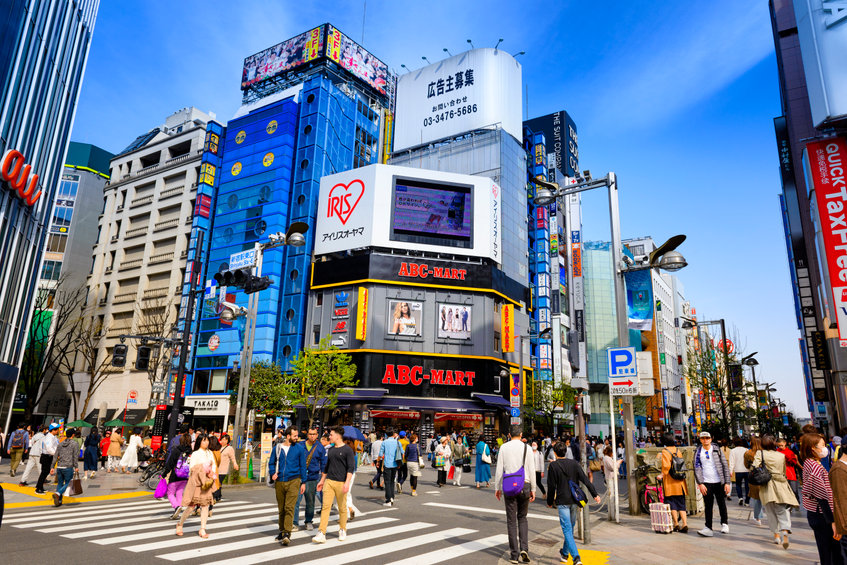Fentanyl Japan

Fentanyl Japan
A New Front in the Global Fentanyl Crisis — The So-Called “New Opium War”
The phrase “Fentanyl Japan” has recently been trending on social media in Japan, after reports surfaced that Chinese criminal groups involved in fentanyl trafficking may have established operations within Japanese territory. This troubling news connects Japan to a broader geopolitical and public health crisis sometimes described as a “New Opium War” between the United States and China. But what exactly does this mean, and why should people in Japan — and worldwide — be paying close attention?
What is Fentanyl?
Fentanyl is a synthetic opioid, 50 to 100 times more potent than morphine. While it’s prescribed legally for severe pain, especially for cancer patients, illicitly produced fentanyl has caused a devastating wave of overdose deaths, particularly in North America.
- In 2022, the United States recorded over 70,000 deaths linked to synthetic opioids, mainly fentanyl, according to the U.S. Centers for Disease Control and Prevention (CDC).
- Even a tiny dose — just a couple of milligrams — can be deadly.
- Illicit fentanyl is often mixed into heroin, cocaine, methamphetamine, or pressed into counterfeit pills — often without users realizing it.
China, Fentanyl, and the U.S.: The “New Opium War”?
The term “New Opium War” has emerged in U.S. political and media discussions, framing the fentanyl crisis as more than just a public health or criminal problem — it’s also a geopolitical issue.
Here’s why:
- Chemical Precursors: Many chemicals needed to produce fentanyl originate in China. While China officially banned fentanyl itself in 2019, exports of precursor chemicals remain a major loophole.
- Trafficking Networks: U.S. authorities have traced Chinese criminal groups working with Mexican cartels, who produce fentanyl and smuggle it into the U.S.
- Diplomatic Tensions: Fentanyl has become a major source of friction in U.S.–China relations. American officials accuse Beijing of not doing enough to control chemical shipments, while Chinese officials argue they’re unfairly blamed for America’s drug problems.
The term “New Opium War” references the 19th-century Opium Wars, when Britain forced opium into Chinese markets. Now, some politicians argue the flow has reversed — with fentanyl harming American communities.
Why Japan is Suddenly in Focus

TOKYO JAPAN –
Recent reports have raised concerns that Chinese criminal organizations involved in the fentanyl trade may have set up operations in Japan. Though many details remain under investigation or behind media paywalls, several factors make Japan attractive for traffickers:
- Strategic Location: Japan is geographically close to China and major shipping routes in East Asia.
- Busy Ports: Japan’s extensive port infrastructure offers potential cover for smuggling.
- Potential Transit Hub: Criminal networks may see Japan as a stepping stone to other regions, even if domestic demand remains low.
U.S. Drug Enforcement Administration (DEA) officials have publicly stated that traffickers constantly search for new routes and bases of operation to evade crackdowns. If these networks are indeed establishing a presence in Japan, it would mark an alarming expansion of the global fentanyl trade.
What American Sources Are Reporting
A review of U.S. English-language news and official documents from 2024–2025 indicates:
- The DEA has issued advisories warning about shifting trafficking routes in Asia, suggesting criminal groups may be exploring new markets or transit points.
- A March 2025 article in The Wall Street Journal reported that Japanese authorities are coordinating with the DEA to monitor suspicious shipments tied to Chinese syndicates.
- U.S. lawmakers have warned that Asia could become a secondary front in the fentanyl trade, potentially destabilizing regional security.
However, specific details about investigations in Japan remain scarce due to ongoing operations and classified intelligence.
Implications for Japan
Until now, Japan has largely avoided the fentanyl epidemic devastating the United States. However, the risks are real:
- Transit Hub Risk: Even if Japan doesn’t become a major user market, traffickers might exploit Japanese ports to ship fentanyl to other regions.
- Emerging Domestic Threat: Rising awareness — and curiosity — about fentanyl could eventually open new markets inside Japan.
- Geopolitical Consequences: Japan may face pressure from the United States to tighten regulations on chemical imports and work more closely in international enforcement efforts.
A Global Crisis Without Borders
The emergence of the “Fentanyl Japan” discussion underscores that fentanyl is not just America’s problem — it’s a global threat. It straddles the worlds of organized crime, public health, and international diplomacy. While the term “New Opium War” is controversial, it reflects the scale and seriousness of this crisis.
For Japan and its neighbors, vigilance is crucial. Even a small foothold for the fentanyl trade in Japan could have major consequences for public safety and international relations in the region.









